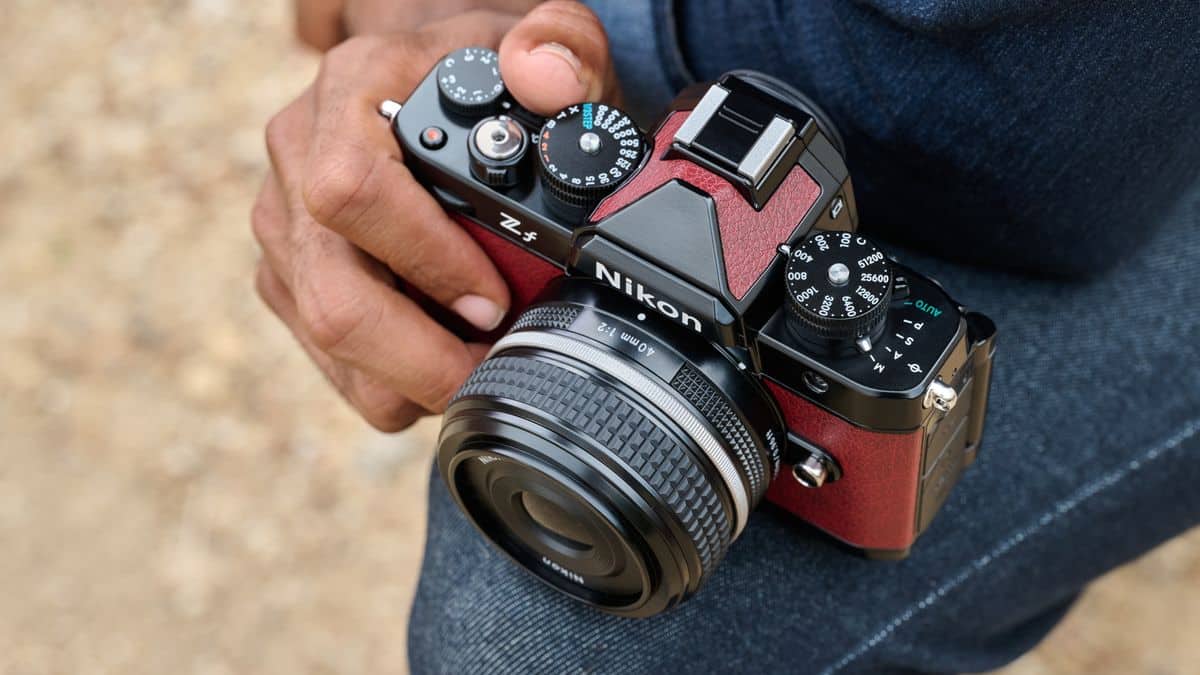Nikon is making a bold move by investing ¥25 billion ($160 million) to build two new factories in Tochigi Prefecture, north of Tokyo. This investment aims to streamline operations and focus on high-end lenses, consolidating their scattered manufacturing locations into these new state-of-the-art buildings by March 2028.
The decision comes as Nikon struggles to stay competitive in a market that’s rapidly evolving with new technologies. The company previously announced plans to cut costs by 59 percent, particularly after the market for interchangeable lens cameras shrank to about a tenth of its peak sales in recent years. The rise of high-end camera phone technology has significantly impacted traditional camera sales, pushing Nikon and other brands to rethink their strategies.
Despite Nikon closing its factories in Fukushima and Yamagata in 2021, this new move signals a shift towards renovating its domestic lens production capabilities. The two new Tochigi factories will be larger and better equipped, focusing primarily on high-end models. Currently, Nikon manufactures lenses in both Japan and Thailand, with Japanese factories dedicated to high-end products.
Nikon’s struggle is evident in how it moved all camera manufacturing to Thailand in 2021, unable to keep up with the camera phone revolution. DSLRs have virtually disappeared from the market, but there has been a resurgence in retro cameras, especially among younger audiences. The Nikon Zf, for example, has found great success with customers in their thirties and forties, prompting Nikon to shift its marketing strategy.
Nikon has effectively utilized social media to target this new demographic, which they credit for the success of the Nikon Zf. This change indicates not just a shift in manufacturing but also in how Nikon engages with its audience, leveraging modern tools to stay relevant.
Nikon’s $160 million investment in new factories is a significant step to reinvent its manufacturing process and focus on high-end lenses. While the company faces challenges from rapidly advancing camera phone technologies, its strategic moves, including the success of the Nikon Zf, show its adaptability and commitment to innovation.

